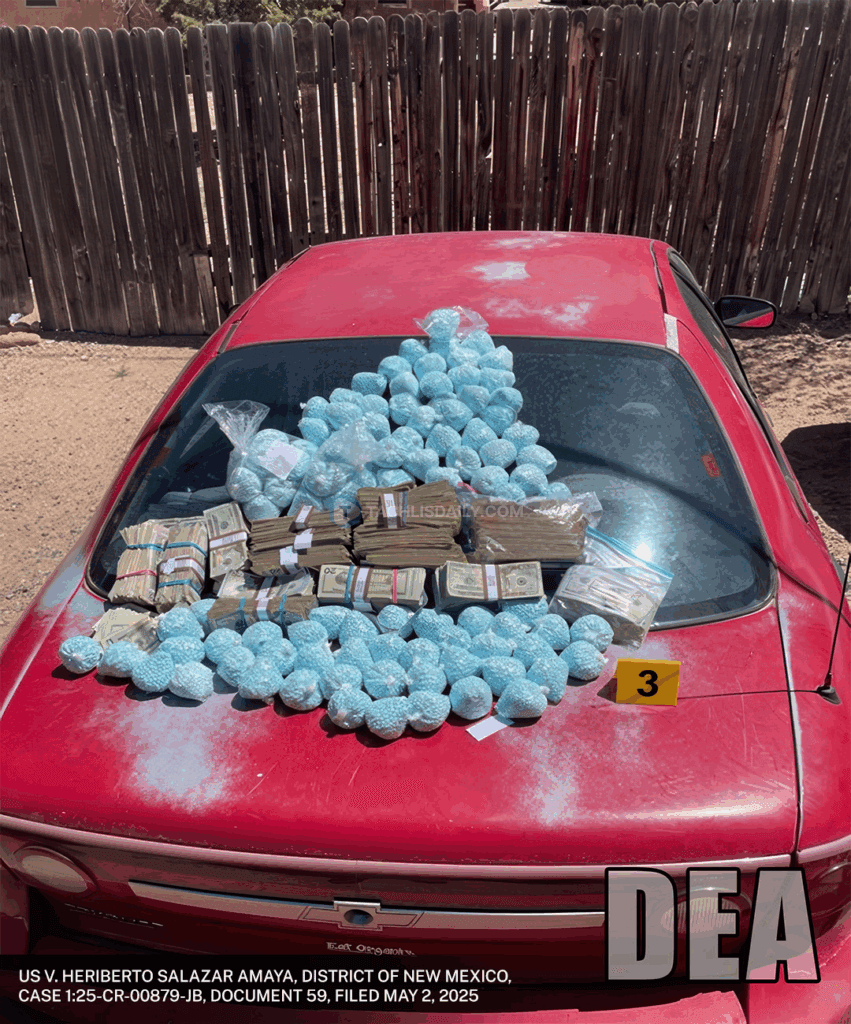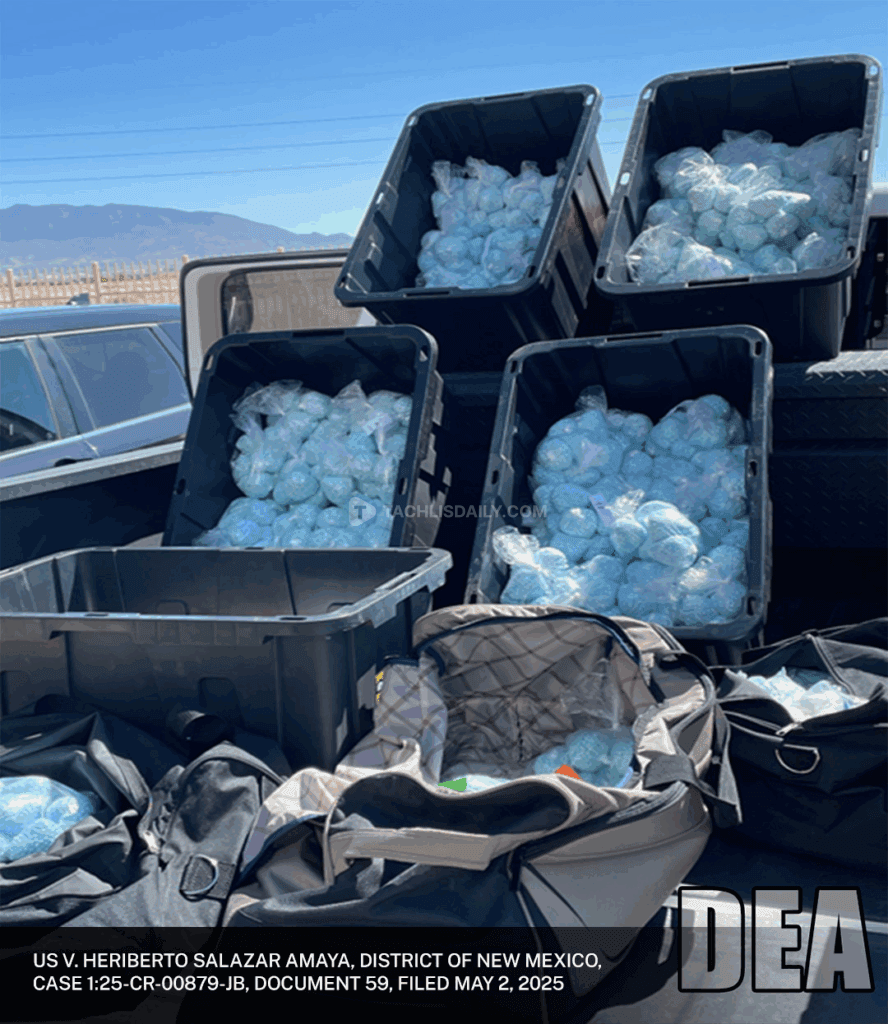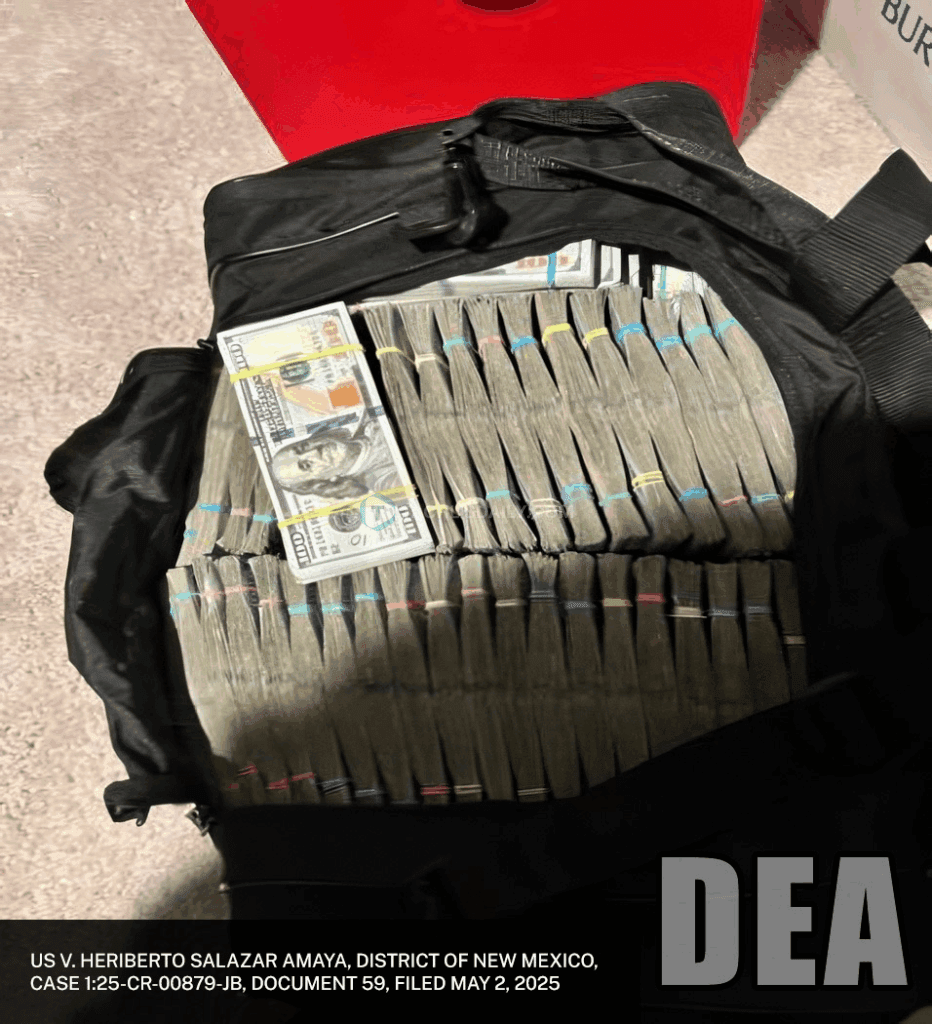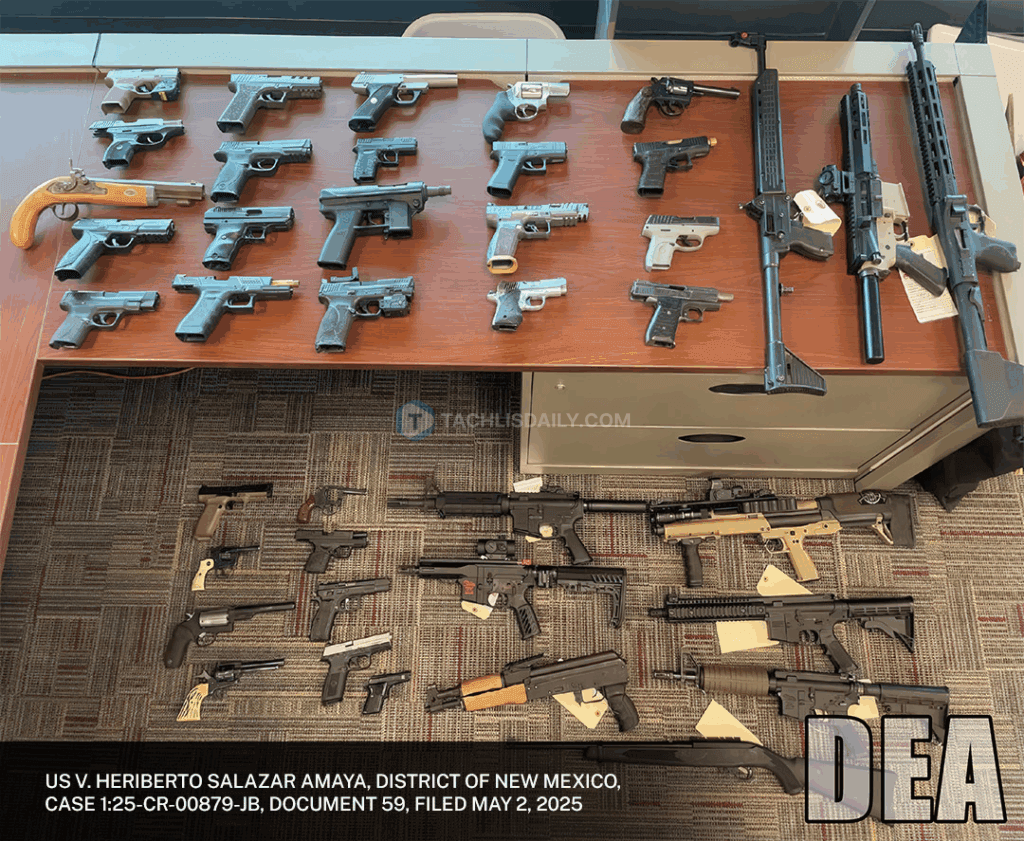In a landmark victory against the deadly fentanyl crisis plaguing America, Attorney General Pam Bondi announced on Tuesday one of the most significant drug busts in U.S. history. Law enforcement authorities seized 11.5 kilograms of fentanyl—equivalent to around 25 pounds—including a staggering 3 million counterfeit oxycodone pills laced with the lethal drug. The bust also led to the confiscation of 35 kilograms of methamphetamine, 7.5 kilograms of cocaine, 4.5 kilograms of heroin, $5 million in cash, and an arsenal of 49 firearms.
Sixteen individuals were arrested during the operation, including six illegal aliens. Among those captured was Alberto Salazar Amaya, a high-ranking operative of the notorious Sinaloa Cartel, who had been operating out of Salem, Oregon. Authorities say his network trafficked narcotics into New Mexico, Arizona, and Utah, turning major American cities into distribution hubs for cartel-controlled poison.
“This is a historic day in our nation’s battle against fentanyl and transnational drug trafficking,” Bondi stated at a press conference in Washington, D.C. “The DEA-led operation, in partnership with federal, state, tribal, and local law enforcement, dismantled a significant arm of one of the most dangerous criminal organizations in the world.” Bondi called fentanyl a weapon of mass destruction and issued a dire warning to traffickers: “There will be no negotiating. We will lock you up for as long as humanly possible.”
According to Bondi, the fentanyl pills were disguised to look like oxycodone and came in multiple strengths, making them especially deceptive and deadly to unsuspecting users. Visual displays at the press event showcased the immense quantity of drugs, weapons, and cash seized. Authorities also highlighted posters of the arrested suspects—many of whom had been illegally residing in the U.S.—illustrating the cartel’s infiltration into American communities.
Bondi commended the bravery of the agents involved in the high-risk operation and made clear that the suspects, if convicted, would not be deported but instead serve long sentences in American prisons. “Perhaps even Alcatraz,” she added sharply, underscoring the administration’s tough stance on criminal drug enterprises.
















